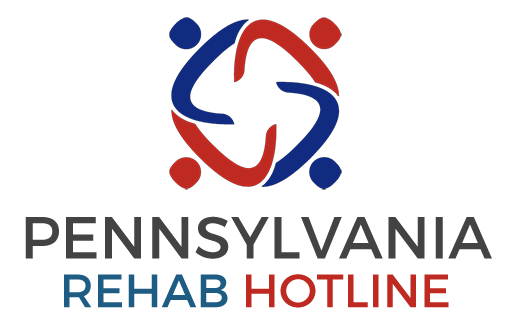National Addiction Recovery Resources
National Substance Abuse Helplines And Resources

National Addiction Recovery Resources

Substance Abuse and Mental Health Services Administration
The Substance Abuse and Mental Health Services Administration (SAMHSA) is a key agency within the U.S. Department of Health and Human Services, dedicated to advancing behavioral health across the nation. SAMHSA plays a pivotal role in leading public health efforts to reduce the impact of substance abuse and mental illness. The agency works to improve access to effective treatments, promote prevention strategies, and enhance the overall quality of behavioral health services. SAMHSA engages in initiatives that prioritize mental health and substance abuse treatment, ensuring that individuals and communities receive the necessary support. Through grants, training, and policy development, SAMHSA contributes significantly to the nation’s efforts in addressing the complexities of behavioral health, fostering resilience, and advocating for a society where mental health is valued and accessible to all.
United States Drug Enforcement Administration
The United States Drug Enforcement Administration (DEA) is a federal law enforcement agency under the U.S. Department of Justice, tasked with combating and controlling the trafficking and abuse of illicit drugs. Established in 1973, the DEA operates on both a national and international level, coordinating efforts to enforce the controlled substances laws and regulations of the United States. The agency conducts investigations, arrests individuals involved in drug-related crimes, and works to dismantle drug trafficking organizations. Additionally, the DEA plays a crucial role in educating the public about the dangers of drug abuse, implementing strategies for drug diversion control, and collaborating with other law enforcement agencies and international partners to address the global drug trade. Through its multifaceted approach, the DEA aims to protect public health and safety by reducing the availability and impact of illegal drugs in the United States.

Partnership to End Addiction
At Partnership to End Addiction we strive to address racial inequality and injustice, both within our organization and through our work. We adopt practices that promote diversity, equity, inclusion and belonging in the services we provide, the families we seek to reach and the people who make up our team. We work to create an environment and engage in activities that reflect these values.